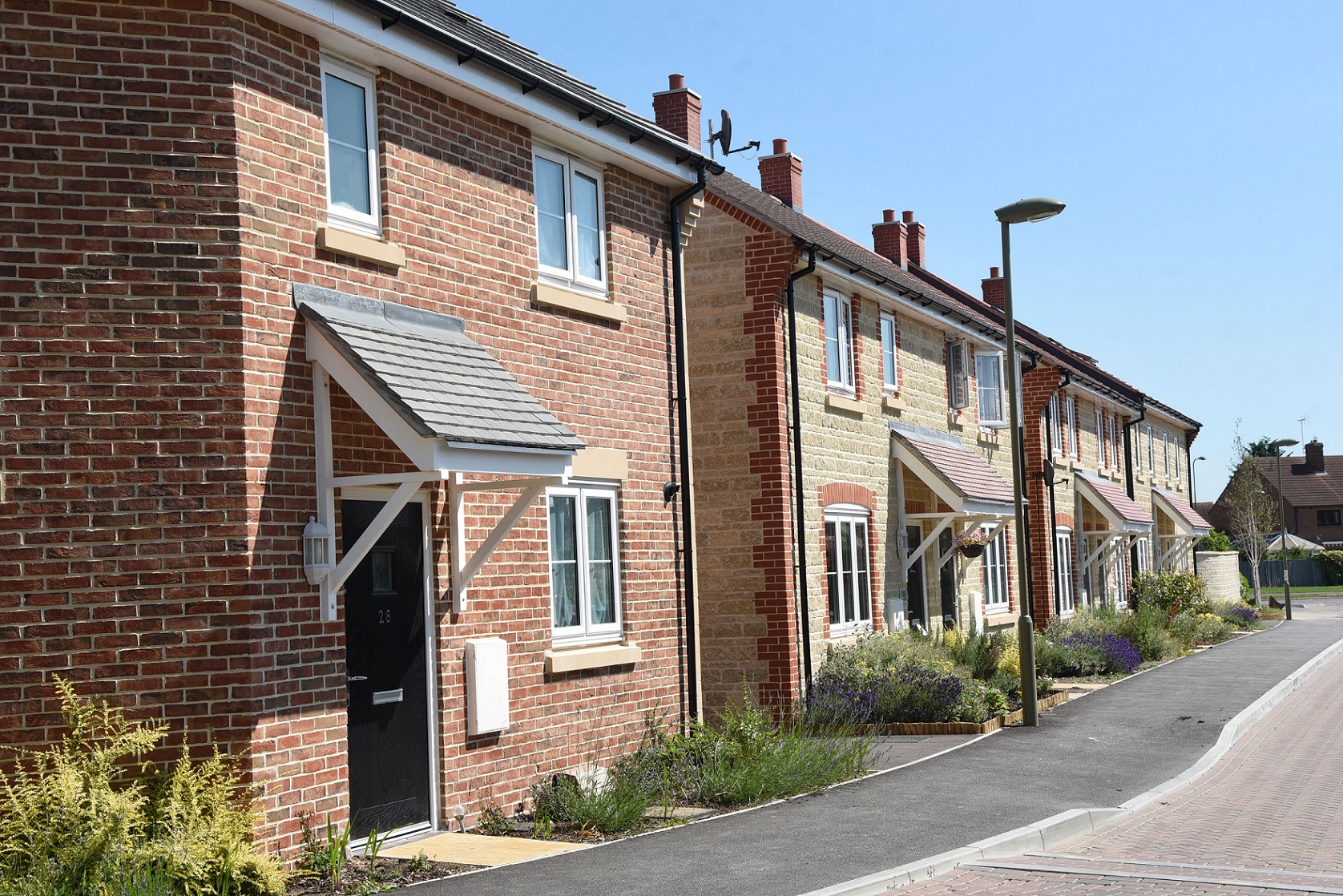
Marking the start of national New Homes Week (14-18 May), social housing provider Stonewater has announced ambitious plans to boost its housebuilding programme.
Stonewater, which owns and manages around 31,500 homes in England, will deliver an additional 3,750 new social and affordable homes by 2022.
The social housing provider is investing over £500m in a development programme that will see the organisation increasing the number of homes it builds annually from 717 completions in 2016/17 to over 1,000 new homes in 2019/20.
The organisation’s housebuilding programme has been helped by a £250m, 3.375% bond issue last year; which it is retaining for future sale to investors; a £100m note issue, and £50m funding from the Government’s financing partner, Affordable Housing Finance plc. Stonewater has also embarked on a business-wide office rationalisation and digital transformation programme which is expected to generate significant efficiency savings that will be reinvested into building more homes.
The social landlord is additionally looking at delivering its housing development programme through more efficient and innovative construction solutions, including offsite manufacturing, which could provide a quicker, greener and higher quality product.
Jonathan Layzell, Stonewater Executive Director for Development, explained: “The advantage of factory-built homes is that their construction is not affected by the weather or current skills and labour shortages which gives us greater certainty over cost, quality and programme.
“Offsite manufacturing could shorten our build times from a year to about three months depending on the size of the site. This would significantly reduce customers’ occupancy waiting times and provide people with a higher quality and cheaper-to-run, energy-efficient home.”
Stonewater is set to trial a factory-built housing scheme, which if successful, could see the social housing provider investing in offsite manufacturing technology and setting up local production plants.








